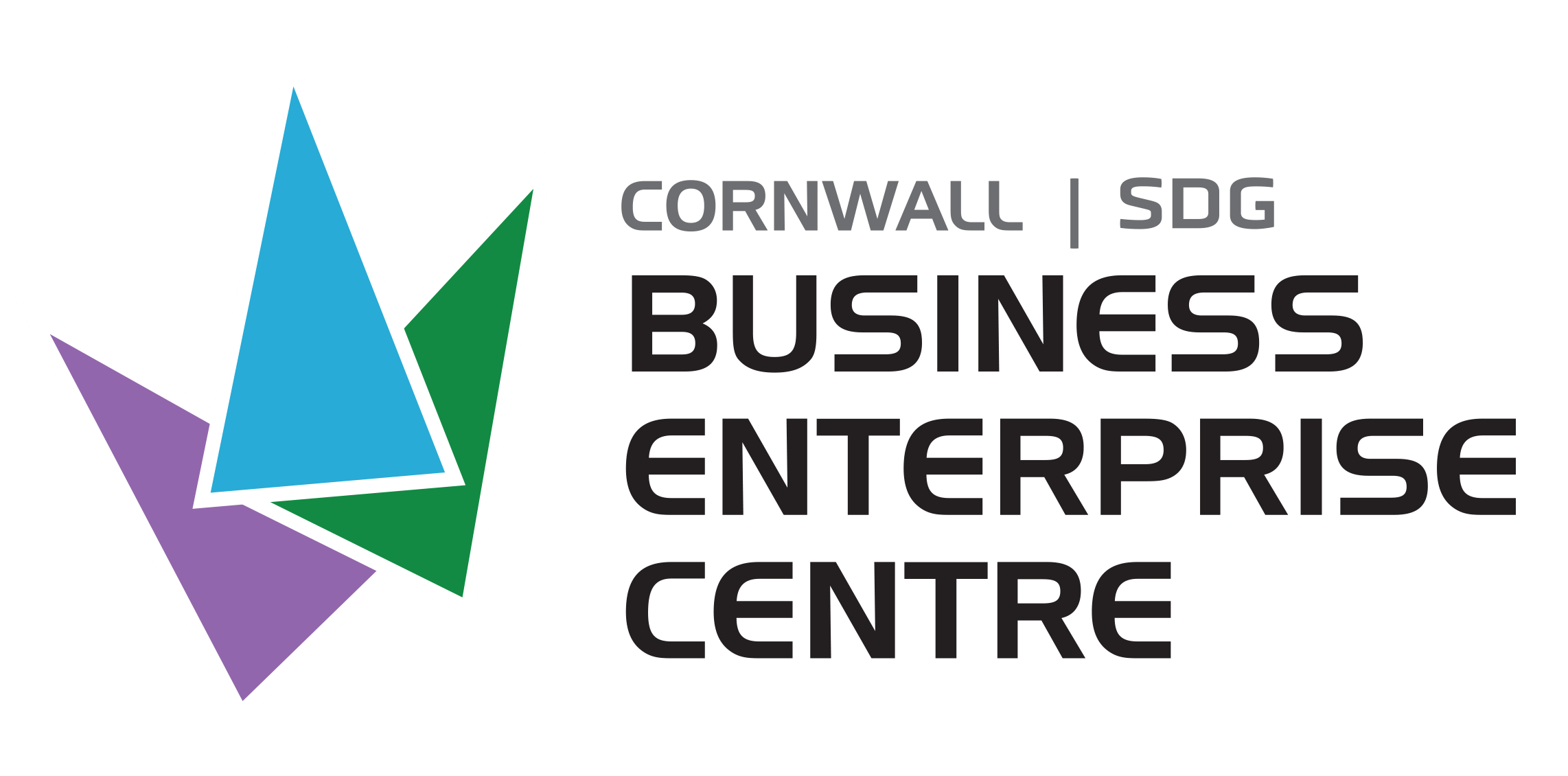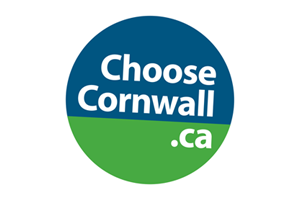There are a number of ways that a small business owner can access financing.
Here’s an overview of typical financing sources:
Personal investment
When borrowing, you invest some of your own money—either in the form of cash or collateral on your assets. This proves to your banker that you have a long-term commitment to your project.
Love money
This is money loaned by a spouse, family or friends. A banker considers this as “patient capital”, which is money that will be repaid later as your business profits increase.
When borrowing love money, you should be aware that:
- family and friends rarely have much capital
- they may want to have equity in your business—be sure you don’t give this away
- a business relationship with family or friends should never be taken lightly
- it is a good idea to write an agreement between yourself and family/friend to ensure expectations are met
Venture capital
Venture capitalists take an equity position in the company to help it carry out a promising but higher risk project. This involves giving up some ownership or equity in your business to an external party. Venture capitalists also expect a healthy return on their investment, often generated when the business starts selling shares to the public. Be sure to look for investors who bring relevant experience and knowledge to your business.
Keep in mind that this funding source is not necessarily for all entrepreneurs. Right from the start, you should be aware that venture capitalists are looking for technology-driven businesses and companies with high-growth potential in sectors such as information technology, communications, and biotechnology.
Angel investors
Angels are generally wealthy individuals or retired company executives who invest directly in small firms owned by others. They are often leaders in their own field who not only contribute their experience and network of contacts but also their technical and/or management knowledge.
Angels tend to finance the early stages of the business with investments in the order of $25,000 to $100,000. Institutional venture capitalists prefer larger investments, in the order of $1 million.
In return for risking their money, they reserve the right to supervise the company’s management practices. In concrete terms, this often involves a seat on the board of directors and an assurance of transparency.
Learn about about the Capital Angel Network
Crowdfunding
Crowdfunding is a form of fundraising where a business asks the public for a contribution, usually in exchange for equity in the company.
It usually entails a private company asking large numbers of people for small contributions. This differs from the more conventional practice of raising money through angel investors or venture capitalists, where a handful of actors inject larger sums into your business.
In return for investing in your business, supporters will receive equity, albeit with less liquidity than what do would get with public stocks.
There are various forms of crowdfunding, including:
- Equity crowdfunding, where, in exchange for their money, investors receive shares in a company or the right to a portion of revenues or profits from a specific product.
- Debt crowdfunding, where investors lend their money to a company at relatively high interest rates, thus mitigating their overall lending risk by spreading a large amount of money in small increments across a large number of loans.
- Donation/rewards-based crowdfunding, where a company sets a fundraising target and asks for donations—in exchange for some kind of token or receipt of the eventual product or service to be developed.
Business Incubators
Business incubators (or “accelerators”) generally focus on the high-tech sector by providing support for new businesses in various stages of development. However, there are also local economic development incubators, which are focused on areas such as job creation, revitalization and hosting and sharing services.
Commonly, incubators will invite future businesses and other fledgling companies to share their premises, as well as their administrative, logistical, and technical resources. For example, an incubator might share the use of its laboratories so that a new business can develop and test its products more cheaply before beginning production.
Generally, the incubation phase can last up to two years. Once the product is ready, the business usually leaves the incubator’s premises to enter its industrial production phase and is on its own.
Businesses that receive this kind of support often operate within state-of-the-art sectors such as biotechnology, information technology, multimedia, or industrial technology. Businesses that were supported by an incubator have a better success rate over five years.
Loans
Loans are the most commonly used source of funding for small and medium sized businesses. Consider the fact that all lenders offer different advantages, whether it’s personalized service or customized repayment. It’s a good idea to shop around and find the lender that meets your specific needs.
In general, start-ups have a harder time accessing loans than do established businesses. Entrepreneurs with a solid business plan and a good credit rating are more likely to be able to access loans.
Grants
It’s not always easy to bring innovations to light so government agencies provide aid to Canadian companies. You may have access to this funding to help cover expenses, such as research and development, marketing, salaries, equipment and productivity improvement.
Technically, a grant is a sum of money conditionally given to your business that you don’t have to repay. However, you’re bound legally to use it under the terms of the grant, or otherwise you may be asked to repay it. As well, once you are granted money from one government source, it is not uncommon to receive further funding from the source if you meet program requirements.
Links to various funding sources can be here and a few local grant programs are explained below:
Starter Company Plus
Starter Company PLUS provides successful applicants with assistance to start, grow or buy a small business. Assistance includes training, business skills development, mentoring from local business leaders and capital. The program is open to Ontario residents 18 years of age and older.
The Starter Company PLUS program partners entrepreneurs with experts who will help you develop the skills needed to launch and sustain successful businesses. Program participants are also eligible to pitch to receive a grant of up to $4,500.
For more information: Starter Company PLUS – Cornwall Business Enterprise Centre
Summer Company
Summer Company is a unique program designed by the Ministry of Economic Development, Trade and Employment to engage, inspire and inform the youth of Ontario and to help young entrepreneurs prosper. By providing a chance to create their own small businesses, Summer Company allows students to take charge as their own boss, helping them to develop business skills early in life. The program appeals to creative, motivated youth because it could lead to personal growth and profit.
For more information: Summer Company – Cornwall Business Enterprise Centre
CIP
A Community Improvement Plan is a municipal planning and financial tool that sets out programs and strategies for improving the built, economic and social environment in designated areas of the Stormont, Dundas & Glengarry Township and the City of Cornwall.
For more information: Community Improvement Plan – Cornwall Business Enterprise Centre
Tourism Development Fund
The Cornwall Tourism Development Fund (TDF) was established in 2019 to support efforts to grow the tourism economy in the City of Cornwall. The Tourism Development Corporation of Cornwall (TDCC) exists to administer the TDF and support tourism development in the city of Cornwall. The TDCC is independent of the City of Cornwall municipal government and operates at arms length from it. The TDCC is governed by a Board which is comprised of 3 members who have no direct connection with the tourism industry. It is supported by the advice of the TDF Advisory Committee, whose 11 members have experience with tourism related enterprises and activities.
For more information: Cornwall Tourism Development Fund | Cornwall Tourism : Cornwall Tourism
SDG Counties Regional Incentive Program
The United Counties of Stormont, Dundas and Glengarry believes in investing in our local businesses and entrepreneurs.
To that end the United Counties has developed the Regional Incentives Program, to encourage redevelopment, promote active recreation, stimulate investment and increase tourism accommodations in our region. Successful applicants can receive up to $50,000.
The SDG Regional Tourism Grant program is an exciting new financial grant program designed to help existing businesses and organizations increase visitation to Stormont, Dundas and Glengarry tourism initiatives and attractions. The maximum grant request be an upset of $5,000.
For more information: Grants and Financing | SDG Counties
How do I qualify for a grant?
Getting grants can be tough. There may be strong competition and the criteria for awards are often stringent. Generally, most grants require you to match the funds you are being rewarded and this amount varies greatly, depending on the granter. For example, a research grant may require you to find only 40% of the total cost.
Generally, you will need to provide:
- a detailed project description, including location
- an explanation of the benefits of your project
- a detailed work plan with full costs
- details of relevant experience and background on key managers
- completed application forms when appropriate
Some of the problem areas where candidates fail to get grants include:
- The research/work is not relevant.
- Ineligible geographic location.
- Applicants fail to communicate how their ideas will be addressed.
- The proposal makes without a strong rationale.
- The research plan is unfocused.
- There is an unrealistic amount of work.
- Funds are not matched.


